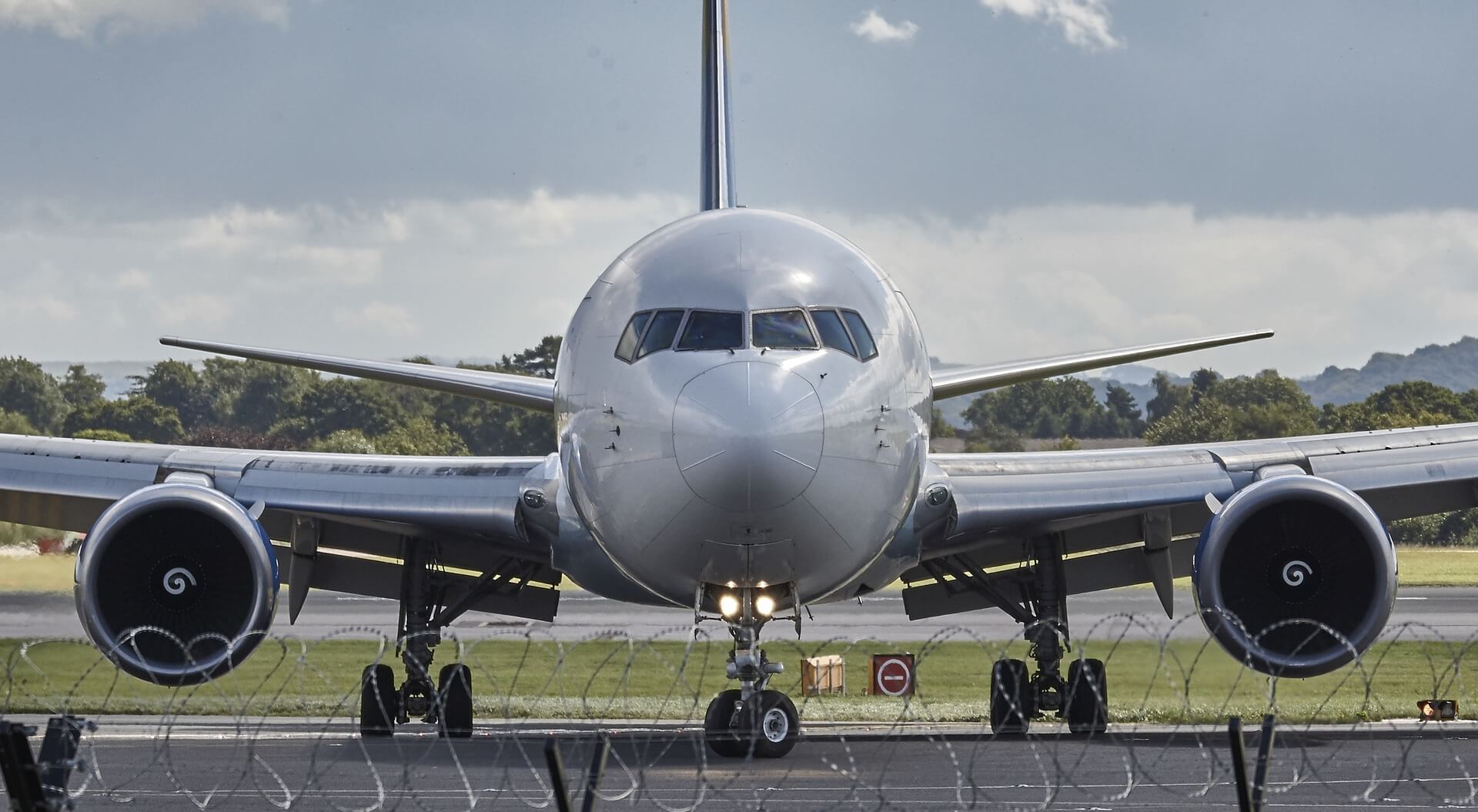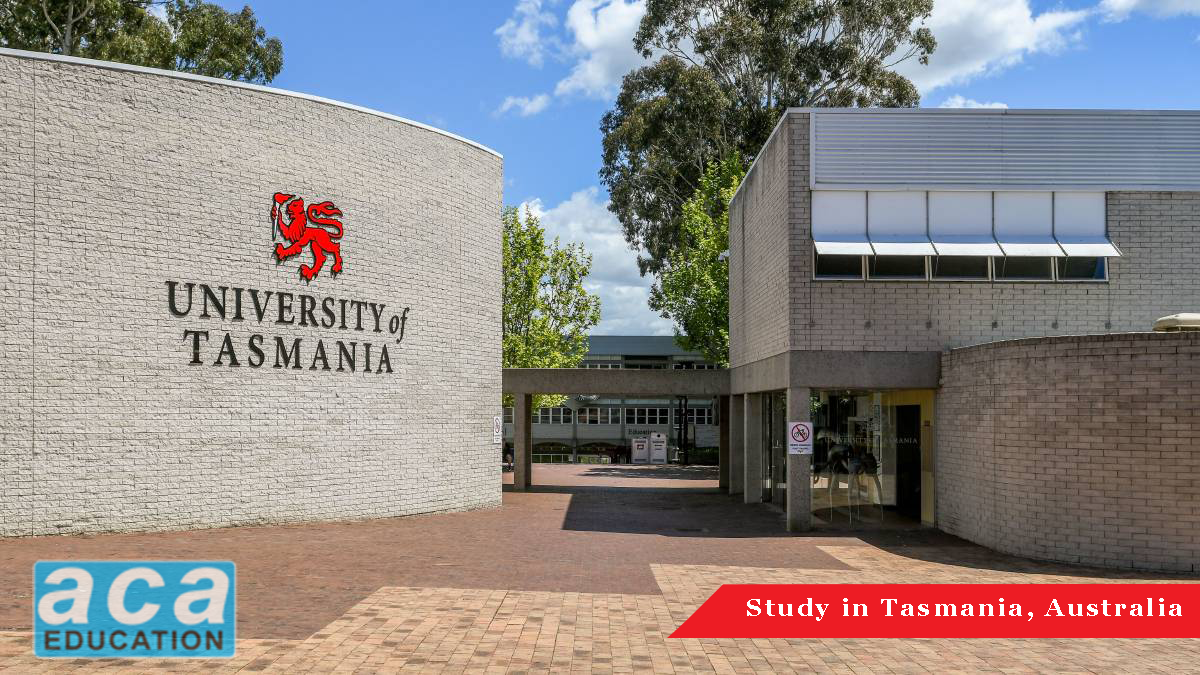This is what the new US Visa fee for Nigeria actually means
The United States has revised its visa application fees for Nigerians.
The US Embassy and Consulate in Nigeria made the announcement on Tuesday, August 27, 2019.
Pulse takes a look at what this new US visa application fee means for Nigerians looking to visit Donald Trump’s country.
Like nationals of other countries, Nigerians pay to obtain a visa to the United States.
A visa can be defined as a conditional authorization granted by a territory to a foreigner. The visa allows this foreigner to enter this country or territory, remain within that territory or leave that territory.
Foreigners without visas are regarded as illegal immigrants and are quickly deported or sanctioned in accordance with the immigration laws of the receiving territory.
All Nigerians who apply for a visa to the United States pay what is called a ‘non-immigrant visa application fee’ or MRV fee for short. This fee is paid as you apply for the visa.
MRV and ‘visa’ will be used interchangeably to mean the same thing, in the rest of this explainer piece.
The US Embassy in Nigeria pegs its exchange rate at N370/$1. It is worth noting that this rate is higher than the interbank and black market rates in Nigeria.
Essentially, Nigerians were paying the sum of N59, 200 for the MRV. The US is saying that effective from Thursday, August 29, 2019, Nigerians will pay a lot more for the MRV.
From the date highlighted in bold letters above, Nigerians will pay an extra $110 (N40, 700) after the visa has been issued. This takes the total cost for a US visa to N99, 900. That’s approximately N100, 000 for a visa to the United States.
However, if you are denied visa for one reason or the other, you wouldn’t need to pay this extra N40, 700, the US says.
The extra amount Nigerians are now required to pay for a US visa is called ‘Reciprocity Fee’.
“Nigerian citizens whose applications for a non-immigrant visa are denied will not be charged the new reciprocity fee. Both reciprocity and MRV fees are non-refundable, and their amounts vary based on visa classification”, the US Embassy in Nigeria said in its statement.
If you are denied a visa, the money you paid for the visa won't be refunded. And this reciprocity fee is also never going to be refunded.
The Noun ‘Reciprocity’ derives from the Adjective ‘Reciprocal’.
Reciprocity is a relationship or a scenario where two parties agree to do something similar for each other; or a situation in which both parties agree to maintain the same rights.
If for instance I do you a favour and you return the favour sometime in the nearest future, you have ‘reciprocated’. Synonyms will include ‘tit-for-tat’ or what is now called ‘Gbas-Gbos’ among Nigeria’s youthful internet users. In the US, it may just be called 'The game is the game'.
With this new visa rate therefore, the US is simply saying it is paying Nigeria back in its own coin. How so?
Again, we return to that statement from the US Embassy. “Since early 2018, the U.S. government has engaged the Nigerian government to request that the Nigerian government change the fees charged to U.S. citizens for certain visa categories.
"After eighteen months of review and consultations, the government of Nigeria has not changed its fee structure for U.S. citizen visa applicants, requiring the U.S. Department of State to enact new reciprocity fees in accordance with our visa laws”.
What the statement above is relaying is simple: Nigeria has been charging high visa fees for Americans visiting Nigeria. The US held meetings with the Nigerian government requesting that its visa fee be reviewed downwards. After 18 months, Nigeria did nothing. So, the US says: 'you know what? Two can play this game'. And here we are.
Nigerians visiting the United States and Americans traveling to Nigeria will now pay the same fees for visa. That’s what this is all about in a nutshell.
The US Embassy puts it this way: “The total cost for a U.S. citizen to obtain a visa to Nigeria is currently higher than the total cost for a Nigerian to obtain a comparable visa to the United States. The new reciprocity fee for Nigerian citizens is meant to eliminate that cost difference.
“The reciprocity fee will be required for all Nigerian citizens worldwide, regardless of where they are applying for a non-immigrant visa to the United States. The reciprocity fee is required for each visa that is issued, which means both adults and minors whose visa applications are approved will be charged the reciprocity fee. The fee can only be paid at the U.S. Embassy or the U.S. Consulate General. The reciprocity fee cannot be paid at banks or any other location”.
There are six classes of US visa, encompassing tourism, student and business categories.
The classes are as follows:
- B
- F
- H1B
- I
- L
- R
The above classes all fall into the broader non-immigrant or MRV category.
Punch writes that “applicants seeking the L1 Visa (work permit) will pay an extra N112, 100 if given visas while those applying for H4 Visa (dependency/spousal) will pay an extra N66, 600.”
You are welcome.





